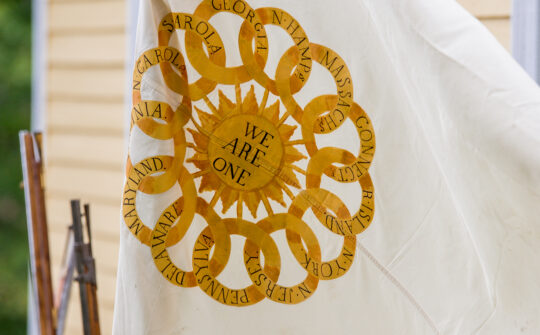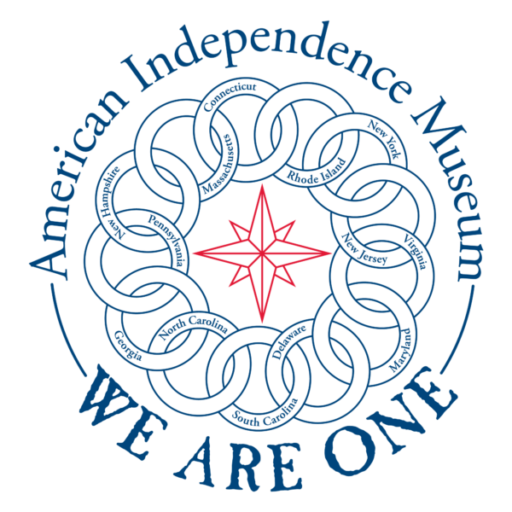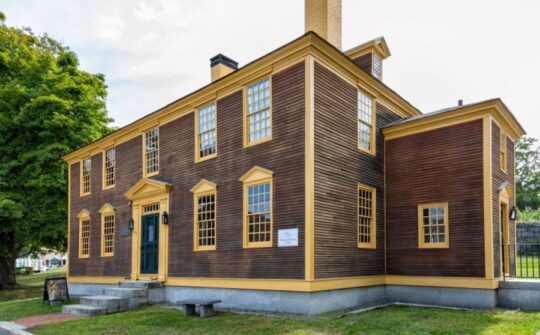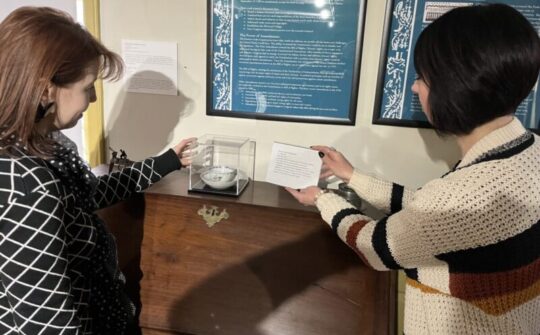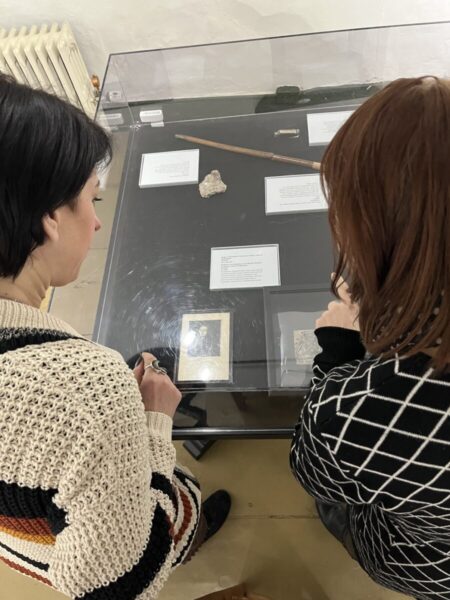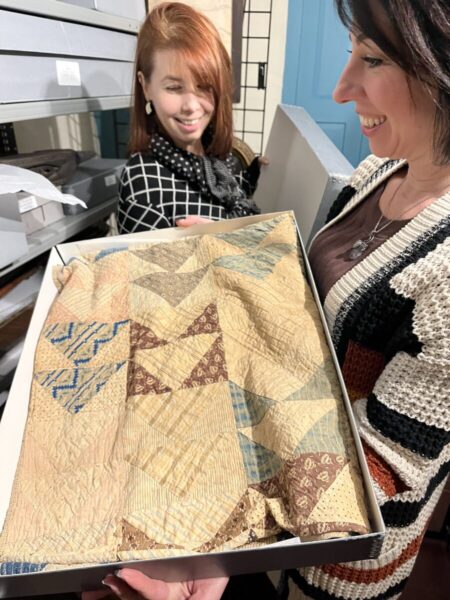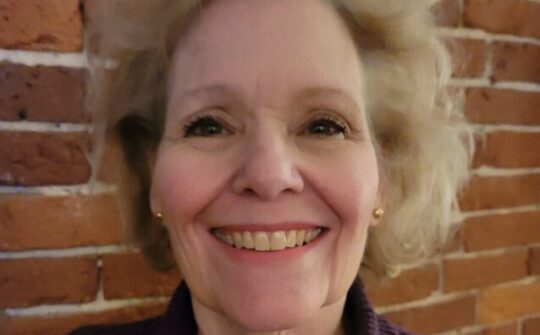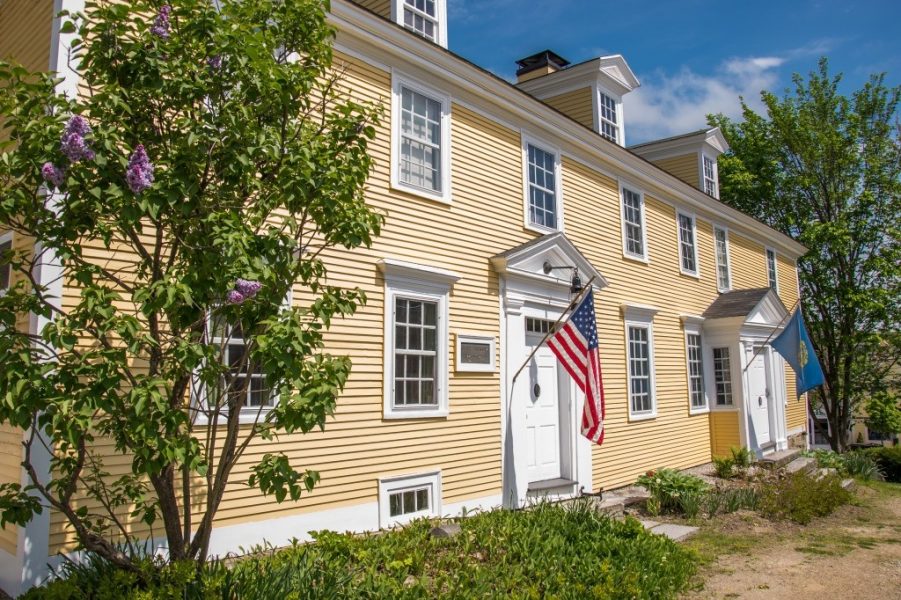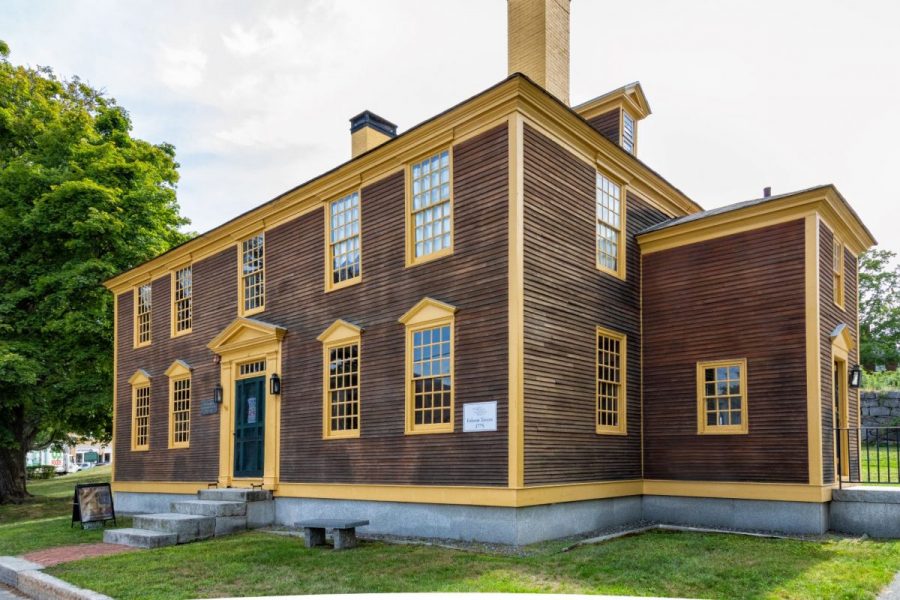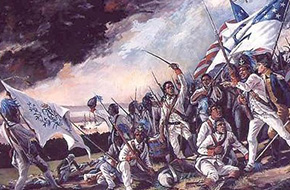
AIM to Explore African-American Soldiers’ Service During Revolutionary War
On Tuesday, April 11, 7:00 p.m., at Folsom Tavern in Exeter, independent scholar and author Glenn A. Knoblock will examine the history of African-American soldiers’ service during the Revolutionary War.
Made possible by a grant from New Hampshire Humanities, the event is part of the American Independence Museum’s ongoing Tavern Talk series, which is designed “to inspire a deeper understanding of America’s diverse history.” Tavern Talks are part of the museum’s recently launched We Are One initiative, whose primary message is that “all voices and all perspectives matter.”
“We are also one people, one nation, one planet,” explained museum Executive Director Jennifer Carr. “At the American Independence Museum, we firmly believe that our strength as a nation is in our diversity. Our programs reflect that.”
At this Tavern Talk, entitled “African American Soldiers and Sailors of New Hampshire During the American Revolution,” Knoblock will explore various topics, including how and why they enlisted and their interaction with white soldiers. Other topics will range from service on the battlefields, how African Americans were perceived by the enemy and the officers under whom they served, and their treatment after the war.
“Tavern Talks are open-dialogue, moderated discussions facilitated by experts and practitioners from diverse backgrounds,” said Carr. “These are wonderful community events that we feel can inspire and enlighten people of all ages.”
“African American Soldiers and Sailors of New Hampshire During the American Revolution,” takes place on Tuesday, April 11, 7:00 p.m., at Folsom Tavern, 164 Water St., Exeter, NH. The event is free, although pre-registration is encouraged.
Event Details

Date: April 11, 2023
Time: 7:00 p.m.
Location: Folsom Tavern, 164 Water St., Exeter, NH
Cost: FREE
Capacity: 30
One of the most interesting aspects of the American Revolution is the role played by African Americans in the fight for independence. Both free African Americans and those that were enslaved were key in manning state militias and Continental Army units, as well as serving on the high seas in the Navy and on privately armed ships. Indeed, their service to the colonies was crucial in a conflict that lasted nearly seven years. Prohibited from serving in military units and largely considered “undesirable elements,” how is it that these African-American soldiers came to fight for the cause of liberty, even when their own personal liberty was not guaranteed?
In this Tavern Talk, Glenn Knoblock examines the history of African-American soldiers’ service during the war, including how and why they enlisted, their interaction with white soldiers, service on the battlefields, how they were perceived by the enemy and the officers under whom they served, and their treatment after the war.
About Glenn Knoblock
Glenn A. Knoblock is an independent scholar and author of over twenty books. Knoblock has served as the main military contributor to Harvard and Oxford University’s landmark African American Biography Project, and he has also written for the Gilder Lehrman Institute of American History. His work documents a wide variety of subjects in New Hampshire and New England history, including African American history, historic cemeteries and grave markers, and transportation related topics, including covered bridges and the Kancamagus Highway. He holds a BA in History from Bowling Green State University.

This program is made possible by a grant from New Hampshire Humanities. Learn more at www.nhhumanities.org.
About American Independence Museum
Located in Exeter, NH, the American Independence Museum features a rare collection of historic artifacts that shed light on the Revolutionary War. Examples of popular items in our exhibits include a dragoon pistol, brown bess musket, and 18th century powder horn. Many of our programs offer insight into civic duties, civic engagement and civic responsibility, while we also feature a variety of things to do in NH, such as camps for kids, festivals, summer festival, reenactments, and homeschool programs. Perfect for a day trip or weekend trips, we believe in inclusivity and inclusive history and the spirit behind the phrase, ‘we the people’.

